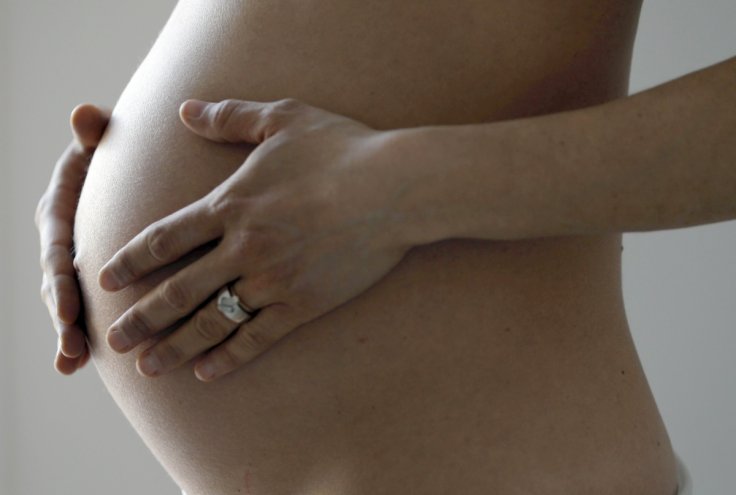
Researchers from the National University of Singapore (NUS) have discovered that a mother's antibodies, which help to protect her baby against dengue virus infection, can also, in some situations, be harmful to the baby.
In a press release on Wednesday, the researchers said that the maternal antibodies which are transmitted to her baby during pregnancy can enhance the severity of dengue infection in the baby, or interfere with their immunisation. However, they added that this may differ depending on scenarios.
According to NUS researchers, if the infecting dengue strain is similar to the vaccine strain, the maternal antibodies will be protective. However, in cases where infecting dengue strain is different from the vaccine strain, maternal antibodies are not protective and would make the disease worse in the babies.
Meanwhile, the study has also revealed that maternal antibodies can interfere with a baby's vaccination, in cases of maternal antibody interference, where antibody production in the baby in completely prevented.
However, this contradicts with the theory that a dengue vaccine that simulates a strong "T cell response" in babies has been found to provide better protection than vaccines. It just focuses on inducing the production of antibodies.
The team of researchers discovered that vaccination of babies born to dengue vaccinated mothers will still be able to induce a T cell response. This will eventually be able to protect against dengue, even if the infecting strain is different from the vaccine.
At present, Dengvaxia is the only vaccine that is available in the Singapore market. It relies mainly on antibodies to fight dengue but doesn't trigger a T cell response.
"We hope our work will further convince the dengue vaccine community that it is important to include a protective T cell response in their vaccine design," team leader Associate Professor Sylvie Alonso said.
"Too many efforts are currently devoted to looking at an antibody-mediated protection while T-cell responses are being overlooked," the press release added.









